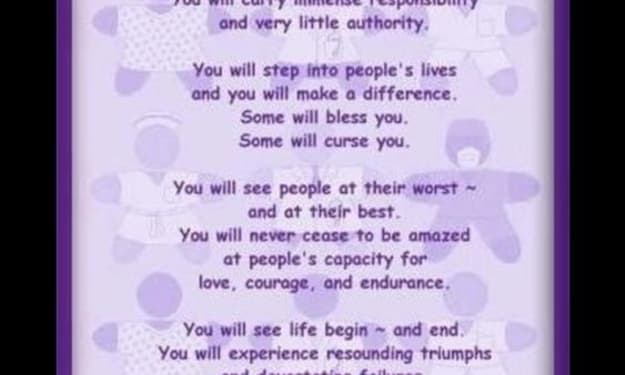How to Use Irony in Your Writing
Role of Context in Understanding Irony

Why so serious? It seems like you don’t use irony in your writing. Irony helps to create a critical or humorous effect as well as a powerful emotional statement. This expository writing explains how and where you can use irony to improve your writing and provides several poetry examples.
What is irony?
Irony is a stylistic feature with a contradiction between what we expect and what actually happens. Usually an ironical expression has an opposite meaning than a literal statement. It is caused by the fact that we perceive the information within the context: the more irony is incompatible with contextual, the easier is to identify it. However, the scholars have postulated, that the irony does not manifest only the antagonism of what we expect with what actually happens. There are three types of irony:
- Verbal: the expression is sharp and opposite of the actual meaning.
- The dramatic irony comes from the Greek tragedy, and often leads to a tragic outcome. It contains a piece of information which is known to the reader/audience but unknown to a character. That kind or irony spices up the story and makes it more emotional for a reader.
- Situational shows the difference between expectations and reality. It’s a great way to add a twist to your story.
When to Use Irony
Irony is mostly used in creative writing than in formal essays. It’s a great way to engage a reader in your story, by setting up expectations with a further emotional response. Also, ironical expressions make your characters and the story more life-like, since we all had some kind of violated expectations.
Let’s take this passage from Samuel Coleridge’s “The Rime of the Ancient Mariner” as an example:
“Water, water, everywhere, And all the boards did shrink; Water, water, everywhere, Nor any drop to drink.”
The poem tells about the ship drifting in the uncharted sea. Even though there is water everywhere, there is not a single drop of drinkable water, and that's ironic.
The irony is especially useful in crafting characters, as it helps to reveal their thoughts and feelings, and expresses the human condition. The irony in its best helps the author to uncover the deeper meanings of a situation.
Example: “Romeo and Juliet” by William Shakespeare. Act I, Scene V: “Go ask his name: if he be married. My grave is like to be my wedding bed.”Through those two lines, we can see how dramatic Juliet is. She said that if her beloved is married, then her wedding bed would become her grave. The irony is she is going to die on her wedding day, as we all know.
How to Use Irony
Writing ironically is all about getting insights, because at first you notice something ironic about a situation and then you write it. So, you don’t actually practice writing in an ironic manner, but rather practice noticing the irony. Life contradicts expectations every day, just look around.
It’s a tricky moment to distinguish irony from coincidence. How do you think, when a fireman is on his way back home from fighting a fire gets a call back out to put out another one, is it is irony or coincidence? Right, it’s a coincidence. The irony would be if a fire truck caught on fire.
While the second situation brakes our expectations about the fire truck, the first one is just an uncomfortable twist of the story. To make it easier for you to see the difference, consider coincidence as a relationship between facts (like fires one and two in a previous example), and the irony is a relationship between an expectation and reality and the way they contradict each other.
Practice
It is very crucial to understand the context to be able to identify and understand irony. Writing in an ironical manner is a second thing, the first one is to start noticing it. Enough demagogy, you better start practicing right away.
About the Creator
Jilian Woods
Slowly but surely influencing on your consciousness by using magic words in my writings






Comments
There are no comments for this story
Be the first to respond and start the conversation.